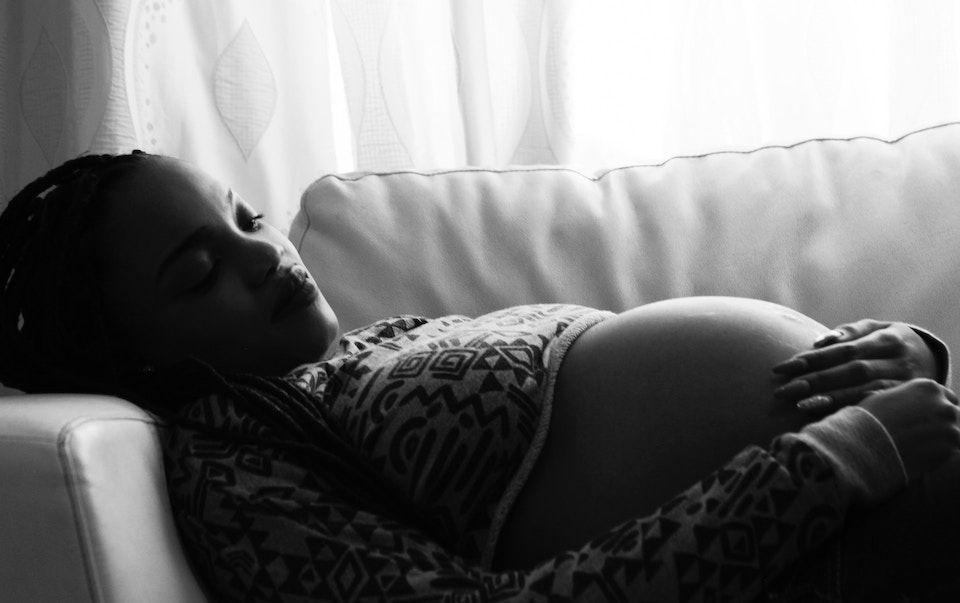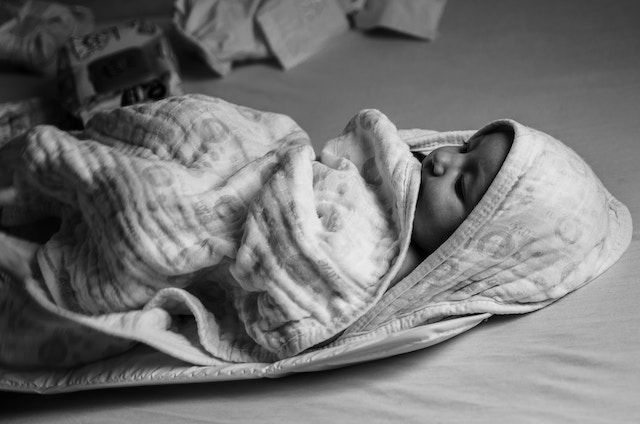Midwives: A Beacon of Hope for US Black Pregnant Women
Black women in the U.S. are turning to midwives for personalized care amid alarming maternal mortality rates.
The tales of motherhood in the U.S. are filled with both joy and sorrow. For Amoni Thompson-Jones of Alexandria, Virginia, her journey began with dissatisfaction. Like countless other mothers, she felt the healthcare system followed a one-size-fits-all approach. This lack of personalized care is leading many, particularly Black women, to seek alternative childbirth and postpartum care, particularly from midwives.
Despite the advancements in medical science, maternal mortality rates among Black women remain alarmingly high. The narrative resonates with disturbing consistency - Black women in the U.S. are three times more vulnerable to pregnancy-related deaths than their white counterparts. This unsettling statistic from Virginia paints a vivid picture of the national concern.
High-profile cases, such as the tragic passing of world-champion sprinter Tori Bowie, and the postpartum complications faced by tennis ace Serena Williams, underscore the grave risks that Black women, regardless of their status or wealth, confront during childbirth. Research has repeatedly highlighted these risks. The pressing question that emerges is, "Why does the most developed nation in the world still grapple with these issues?"
The Centers for Disease Control and Prevention presents a gloomy picture: over 80% of pregnancy-related deaths in the U.S. were preventable. So where is the gap?
 Image by Dexswaggerboy
Image by Dexswaggerboy
In seeking solutions, the spotlight is increasingly falling on midwifery. Midwives, like Marsha Jackson, co-founder of BirthCare & Women’s Health in Alexandria, Virginia, has assisted in nearly 4,000 childbirths without a single maternal death. She represents a ray of hope against the backdrop of grim maternal mortality statistics.
The potential of midwifery has not escaped the notice of public health officials. A 2021 strategic plan to redress maternal health disparities in Virginia recommended bolstering midwifery's role. Financial support mechanisms like Medicaid and private health insurance have also, in certain contexts, been extending their coverage to include midwife services.
Midwives bring a holistic approach to childbirth and postpartum care. They prioritize listening, educating prospective parents, coordinating health care, and performing home births. Significantly, the rapport between a midwife and a mother, especially when they share racial or ethnic backgrounds, offers an unparalleled level of comfort and reassurance. Karen Kasmauski's photographic series vividly captured the bonds midwives forge with their clients in Virginia.
Nichole Wardlaw, with almost two decades of midwifery experience, serves both military and civilian families in Hampton Roads. She recognizes a recurring theme of dissatisfaction and trauma among Black women from their past pregnancies. Women felt unheard, unsupported, and often marginalized by the mainstream healthcare system. Marsha Jackson echoes this sentiment, emphasizing that women seek midwives because they crave personalized care.
However, as the U.S. faces a potential national shortage of obstetricians, the reliance on midwives might become more than just a choice—it could be a necessity. Amber Price, the president of Sentara Williamsburg Regional Medical Center, opines on the role of systemic racism and cultural nuances contributing to this impending crisis. These elements exacerbate the communication gap between healthcare providers and patients. Addressing this challenge requires innovative models, such as a sustainable midwifery practice that can serve as a benchmark for other facilities.
In addressing the disparities of maternal healthcare, the aim must be clear: every mother deserves a chance at a healthy, personalized, and supportive childbirth experience. Midwives, with their dedication and patient-centric approach, might hold the key to bridging this healthcare chasm.
The country, in its quest to match the maternal healthcare standards of other developed nations, must be willing to adopt, innovate, and invest in practices that prioritize the well-being of every mother and child. Midwifery, with its rich legacy and proven track record, might be the cornerstone of this transformation.
Source: Virgina Center for investigative Journalism - at WHRO





